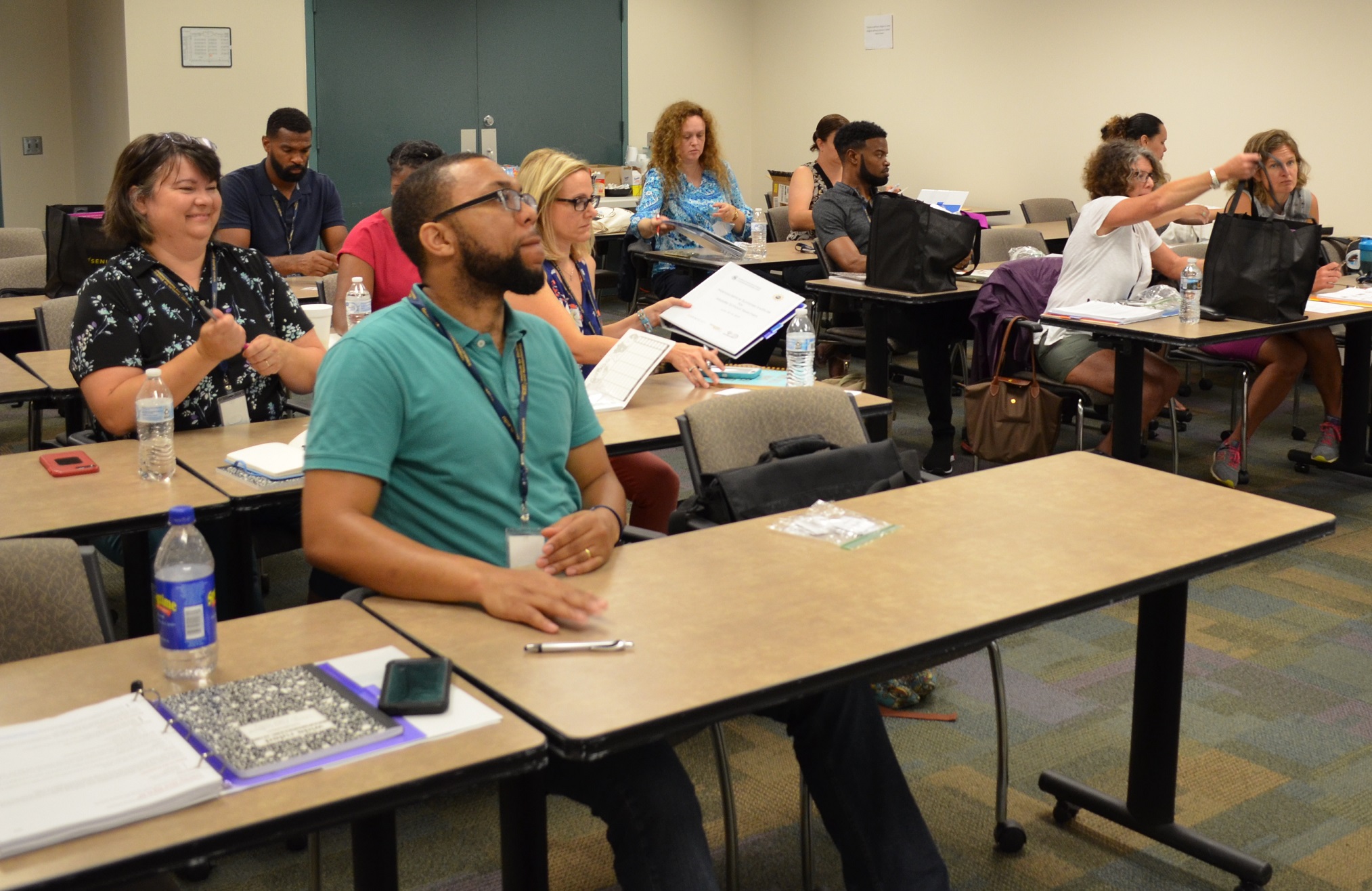Opportunities for Educators
Contact Individual NNCI Sites for More Information
Montana Nanotechnology Facility
Montana State University offers a Master of Science in Science Education (MSSE) for professional development or to earn a master's degree, targeted to traditional teachers and informal science educators in all science disciplines. The program includes online graduate courses as well as in-person summer courses. MSSE offers a wide array of courses; MONT participates in the Solar Cell Basics for Science Teachers (2 credits). The course is an in-person course held July 6-10, 2020. Teachers use the cleanroom to produce a solar cell that they take home with them and they also produce a lesson plan based on the course. MONT supports course scholarships for teachers from underrepresented minority groups or teachers in a setting that serves a large population of underrepresented students.
For more information, email Heather Rauser.
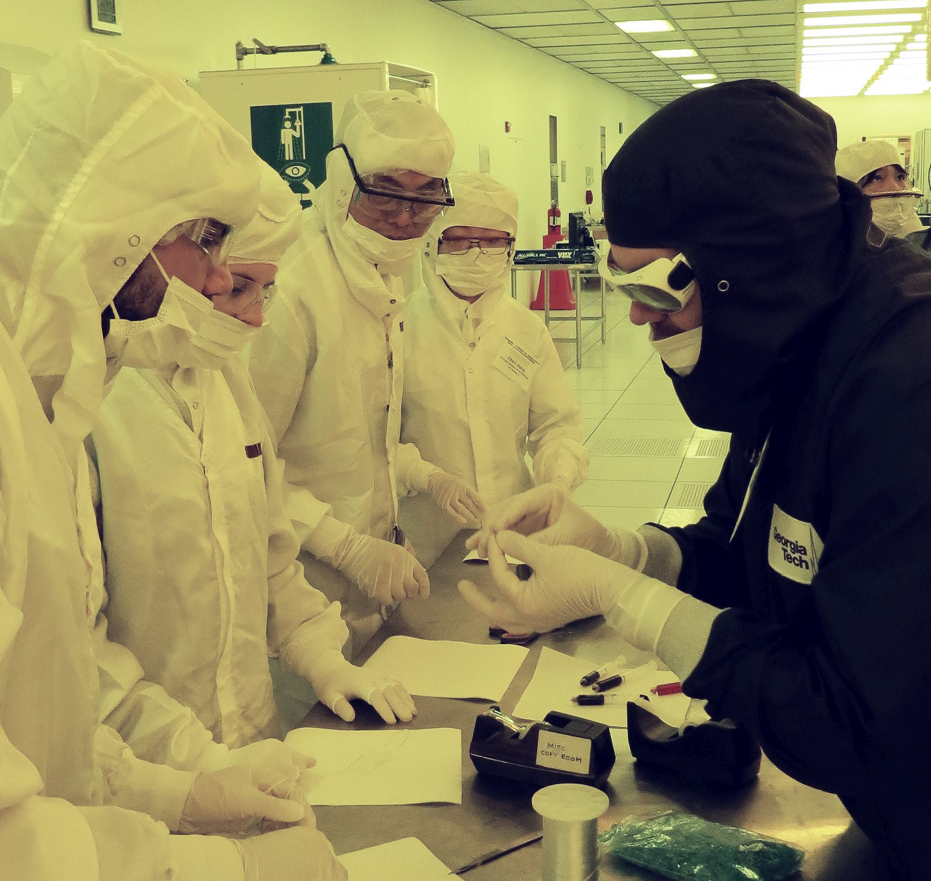
NanoEarth
Virtual Nanoscience Professional Development Workshop for High School Teachers - virtual activities will take place the weeks of July 5, July 12, July 19, and July 26. Nanoscience is revolutionizing the fields of chemistry, biology, physics, earth science, and engineering! Nanomaterials that are 1-100 nanometers in length act much differently than their larger counterparts and, as a result, are quite useful in tackling scientific problems of this age. You will get resources for your classroom and will learn fun and relevant activities to engage your students in the future of science! Interested in attending? Register now!
For more information, check out this flyer or email NanoEarth.
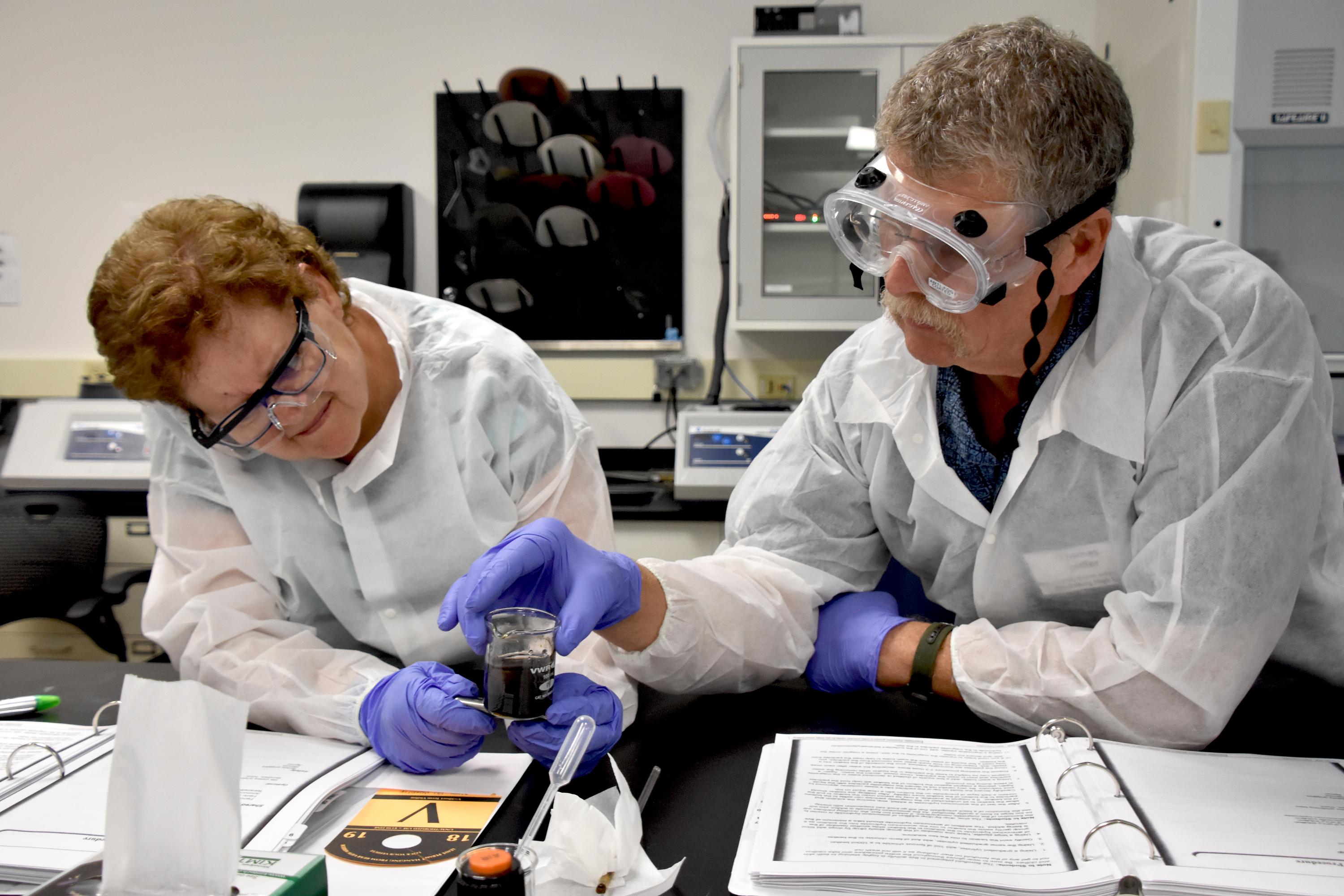
nano@stanford
Bring nanoscience to your classroom! The nanofacilities at Stanford offers a five-day workshop on nanoscience every summer. Selected teachers will learn the underlying physical concepts in nanotechnology and nanoscience in simple terms. This unique learning experience can enrich your current courses through both deepening content understanding and instructional practices.
Apply and join us this summer to learn and play with nano! Applications are accepted on a rolling basis. Please note, we are excited for the Summer 2022 program to offer two options - one in-person at Stanford and the other fully remote. We will be accepting teachers from across the US (and not just the Bay) for the virtual option!
For more information and to apply, visit our website
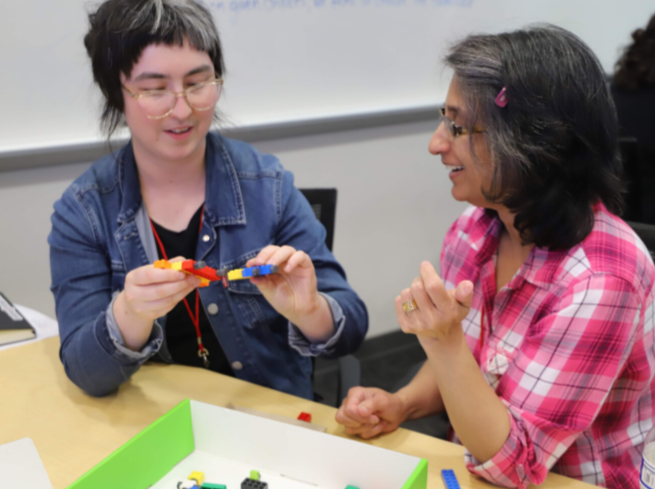
Nebraska Nanoscale Facility
The Nebraska Nanoscale Facility (NNF) at the University of Nebraska-Lincoln will offer two types of opportunities for teachers during the summer of 2022. *We are planning to host these programs in person if we can do so safely otherwise we will shift to a virtual or hybrid experience.
NF Research Experience for Teachers (RET):
High school teachers and Community College faculty within commuting distance of NNF will develop nanoscale science/engineering modules and curricular materials to bring back into their classrooms. This RET program is scheduled from June 20 - July 29, 2022, with follow up support during the academic year. Teachers will receive a stipend for 6 weeks of full time attendance at weekly meetings, seminars, field trips, and workshops.
Teacher Summer Institute:
The Nebraska Nanoscale facility will offer selected middle school teachers a four-day 2022 Summer Institute, dates TBD. Teachers will learn about the physical concepts underlying nanotechnology and nanoscience in simple terms. Teachers will also develop lesson plans and receive hands-on activities that bring nanoscience into the classroom. After fully participating in this program, teachers will receive a stipend of $400 and $300 for classroom implementation.
For more information, email Steve Wignall or Hahn Phan.
Research Triangle Nanotechnology Network
Due to COVID-19, this program has been postponed and will be offered in Summer 2021 - Research Experience for Teachers: The Research Triangle Nanotechnology Network (RTNN) is now accepting applications from middle and high school teachers as well as community college educators for its summer RET program: Atomic Scale Design and Engineering. Up to eleven teachers will be selected to participate in research in nanoscale science and engineering labs at NC State, Duke, or UNC-Chapel Hill or in industry. Participants will also design and share curricular materials to use in the classroom. The 2020 program lasts for 5 weeks, June 16 – July 17, with follow up during the academic year. Teachers will receive a $5,000 stipend for their work as an RET with additional funding available for curricular materials and travel for lesson plan/curriculum dissemination. The program is for US citizens only and teachers must participate for the entire period of the program. Applications will be reviewed as they are received. It is recommended that all materials be submitted by February 17, 2020. Applications will be considered until all positions are filled. To learn more and apply, please visit the RTNN RET Website. Questions?
For more information, email Dr. Maude Cuchiara or Dr. Gail Jones.
-----
Annual Workshop for Community College Educators (August program)
-----
Participants in the RTNN ExternTrip will first get an overview of nanotechnology and its real-world applications from RTNN staff at NC State. They will then take an in-depth tour of the nanofabrication facility. Participants will “gown up” to enter the clean room, where they will see a variety of different tools and a photolithography demonstration. Afterwards, educators will visit the electron microscopy laboratory. There, they will learn how an electron microscope works and utilize the microscope to observe different samples at high magnification. (Educators are encouraged to bring samples they would like to view. Some ideas include insects, textiles, hair, plants, soil, etc. Dry/mostly-dry samples are recommended.) Participants will conclude the ExternTrip by doing a few hands-on, nano-themed activities that they can incorporate into their classroom as well as learn about other educational resources/opportunities that the RTNN has developed specifically for teachers and/or K-12 students/classrooms. Throughout the event, RTNN staff will be present to answer questions.
For more information, email Dr. Maude Cuchiara.
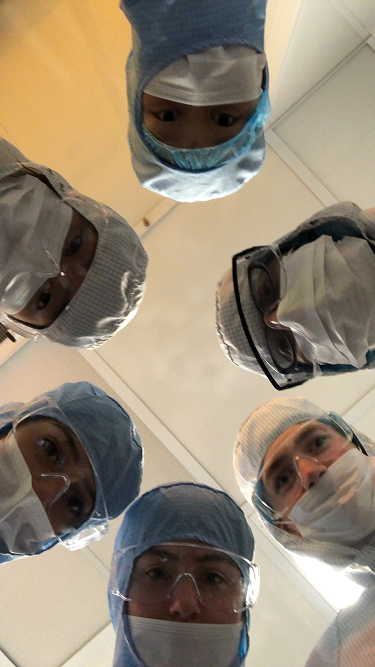
Southeastern Nanotechnology Infrastructure Corridor
SENIC offers a five-day Nanoscience Summer Institute for Middle School Teachers (SIMST) June 17 - 21, 2024 at the Georgia Institute of Technology in Atlanta, GA. Selected GA teachers will learn about the physical concepts underlying nanotechnology and nanoscience in simple terms. Teachers will also develop lesson plans and receive hands-on activities that bring nanoscience into the classroom. After fully participating in SIMST, teachers can receive up to a $600 stipend ($500 after completion of SIMST, $100 after implementing a nano lesson in the classroom). Applications are due April 19, 2024. The program is currently planned as in-person and housing is available for GA teachers who live outside of commuting distance to Georgia Tech.
For more information, email Leslie O'Neill.
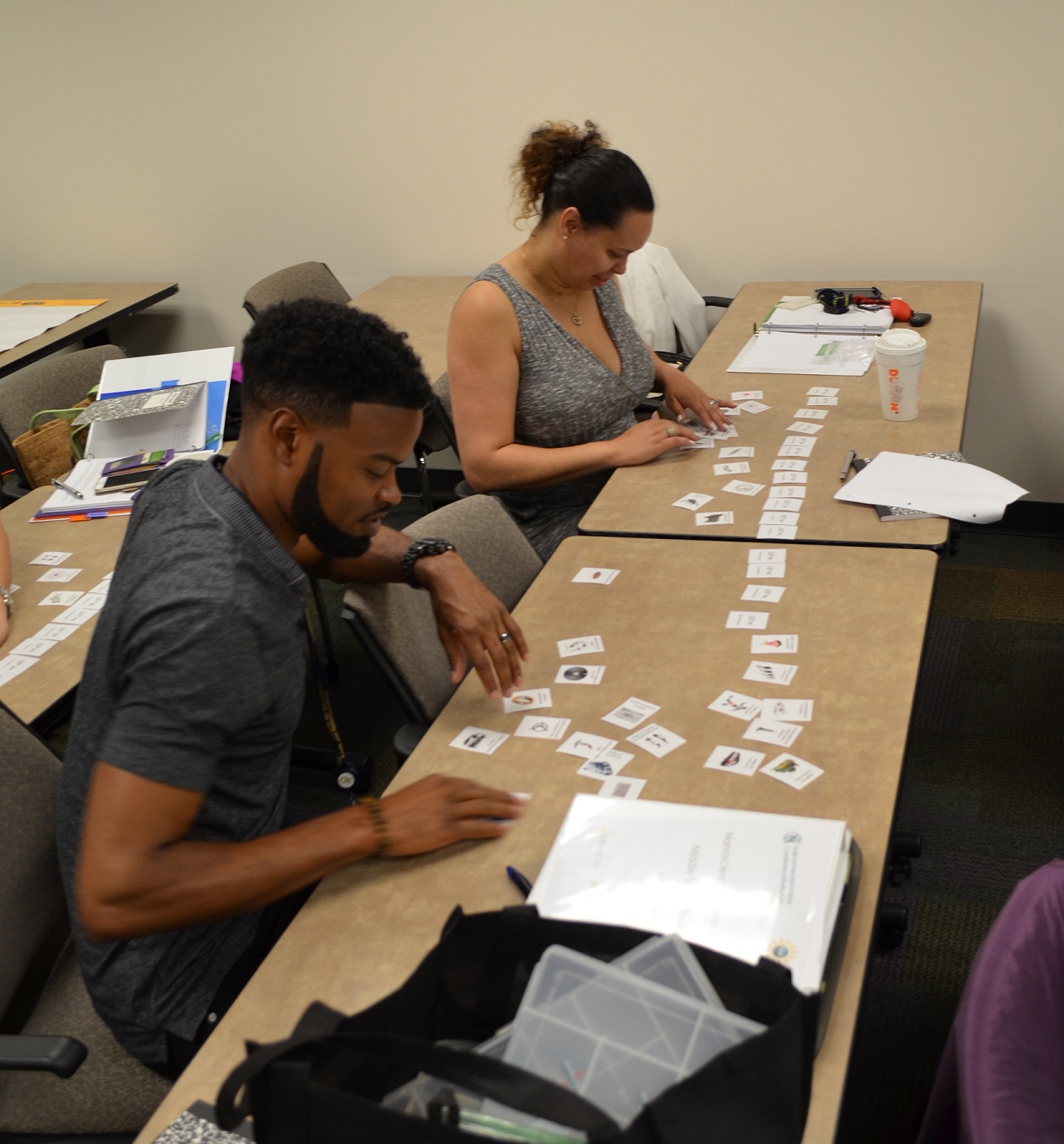
Research Experiences for Teachers (RET) across the NNCI
The National Nanotechnology Coordinated Infrastructure (NNCI) is offering teachers the opportunity to experience the excitement of nanotechnology research and to share this experience in their classrooms and with their peers. This program will be offered to teachers by four NNCI sites: Georgia Institute of Technology (GT), University of Minnesota (UMN), University of Nebraska–Lincoln (UNL), and Northwestern University (NWU). Contact your local site for more information.
The NNCI RET program is 7 weeks:
- 6 weeks in summer at the NNCI site, June 10 - July 19, 2024
- 1 week during the school year with a follow-up visit to your classroom by RET coordinators and sharing your experience at the annual meeting of the Georgia Science Teachers Association (GSTA)
For more information on the GT program, email Mikkel Thomas.
